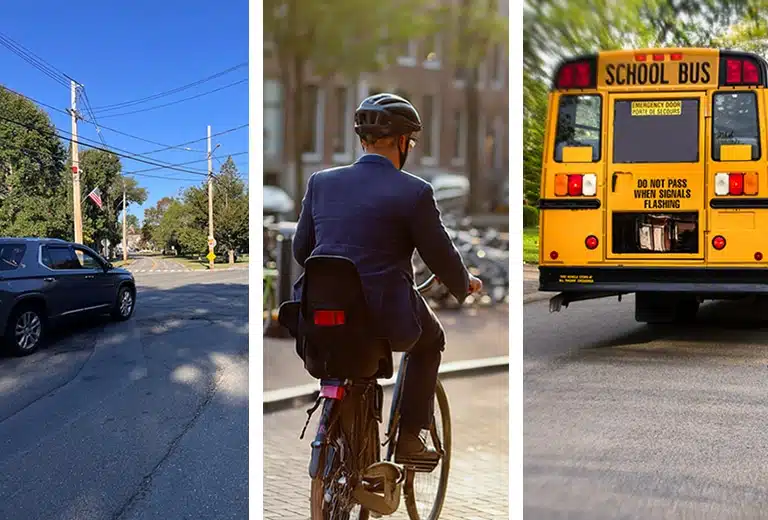Road Safety Programs
Goal Zero, for safe mobility

Fundación MAPFRE is constantly working towards safe, healthy and sustainable mobility. We want to help raise public awareness about the need to prevent all road-related deaths and to involve every social agent. We are working to save lives.
Our main areas of activity are training, education and research. And our main ally in all this is you.
Help us to achieve Goal Zero.

On October 30th, we have prepared a free, full day summit designed to enhance road safety. Top experts and policymakers from the U.S. and Europe will meet in Boston for a significant exchange of ideas, best practices and networking. Book your place now!

A fun and immersive learning experience to schools and community events that uses interactive media to teach middle schoolers how to be safe from unintended injury.

An opportunity for students from one Massachusetts high school to produce a public service announcement(PSA), promote road safety and win a prize! Your voice can help to save lives.



